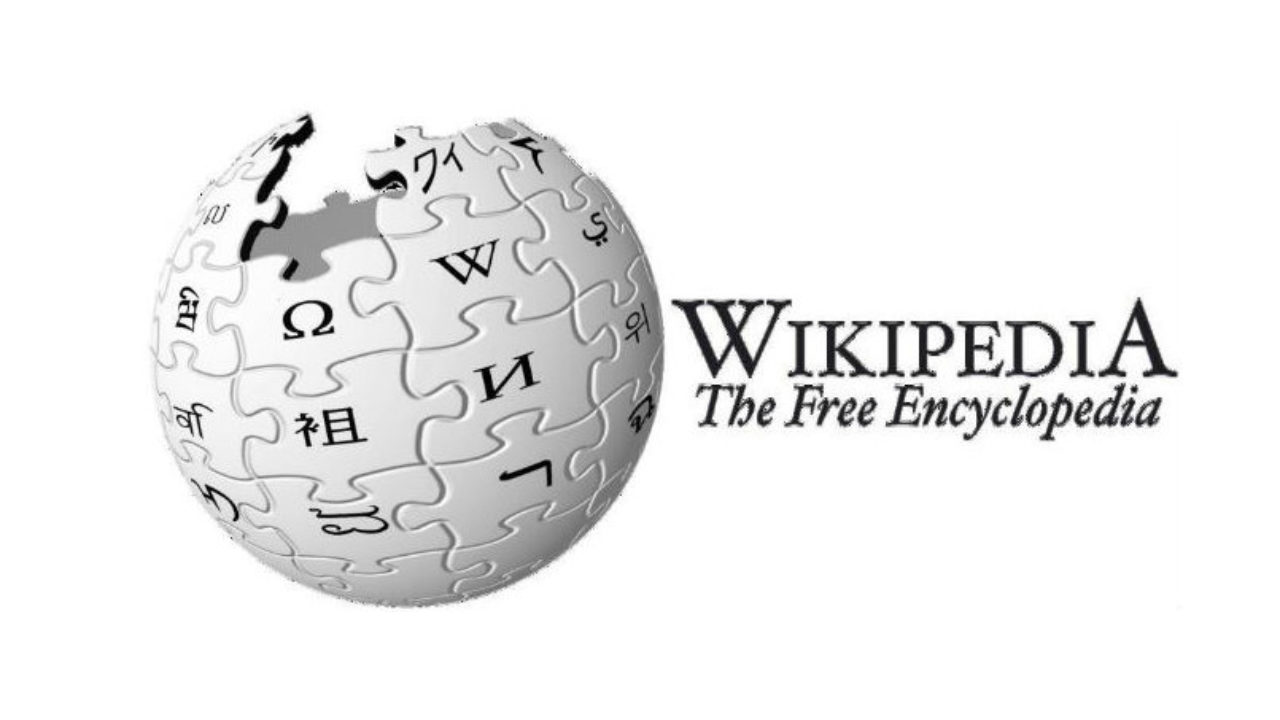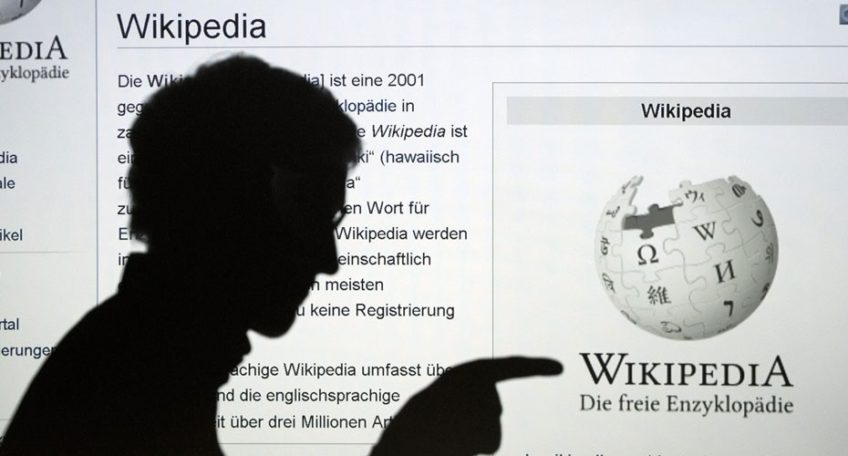With the aid of any web browser, people can freely create and change the content of Web pages using a piece of server software called Wiki. It supports hyperlinks and has a straightforward text syntax for quickly constructing new pages and internal page crosslinks. Anyone with access to it can edit the content of the completely editable website. Due to its many characteristics, a wiki is an excellent tool for educational purposes.
A “collaborative workplace where knowledge can be acquired, shared, analyzed, structured, or used to produce something new” is a wiki.
Let’s find out more by one of the Wikipedia page creation services provider in India –

Advantages of Wiki in Education:
Connects Multiple Resources:
Wiki is a collection of interconnected Web pages. Teachers should give their students as many materials as they can. It aids in their detailed learning.
Encourages Non-Technical Users:
Users who lack technological expertise can easily generate and publish content. There are some persons who are very knowledgeable in a particular field but are unable to demonstrate their abilities because of a lack of technical understanding. Wiki supports each of these individuals and expands their Web usage.
Instantaneous:
Students always receive immediate knowledge using Wikis because anyone may edit them.
Collaboration:
Global collaboration is possible between educators and students working on the same paper.
Anyone from Anywhere:
Wikis are accessible to everyone with an Internet connection from any location.
No Need to Learn Coding:
Wikis are incredibly user-friendly and simple to create and maintain. HTML and other programming languages are not necessary.
Free:
The majority of wiki hosting services are free.
Wiki has several uses in the educational sector in addition to the benefits already listed. Let’s explore the utilization of Wiki for instructors and students.
Turn students into experts:
Many people read the thoughts and opinions that students write, and over time, students develop their writing, learning, communication, and research skills. Students can share their knowledge about a subject with others through wikis.
Motivation:
Teachers encourage their pupils to participate in the learning process by using wikis. Students can collaborate on projects and activities for class using wikis. Students will be enthusiastic in learning through wikis because it is a novel approach.
Collaboration:
For many students and teachers engaged in a learning process, wiki is an excellent collaborative medium. Request that students put their works online so that others can comment on them. Students can work together to communicate and investigate knowledge. According to a social media marketing company, teachers can connect with other educators from different locations to discuss, share, and learn from one other by using wikis for professional development.
Wiki for Editing:
With the use of wikis, kids can edit each other’s work for spelling, grammar, or any other skill that their teachers want them to acquire. Through mutual aid, this helps them learn more effectively.
Post Lesson Activity:
Ask pupils to summarize each lesson they have learned on a Wiki. Permit students to comment on each lesson. By going over them, teachers may determine how well their students are doing and create tailored lessons.
Share Resources:
Wiki can be used by teachers as a platform for internet resources where they can share many links related to the current class topic. Students may also propose research projects here.
On their class Wiki, teachers can share documents, media, and PDF files with their pupils.
This platform allows educators and students to share their presentations.
Create a Wiki for your Classroom:
Wiki is a much more effective tool to engage students than blogs, which many instructors use to promote student and parent online engagement in their ideal classrooms. Choose a reputable Wiki host, set up a Wiki, and then go over its purpose with your pupils.
Strengths
- The articles’ sources are cited, enabling further research on any subject.
- When conducting research, Wikipedia is an excellent place to start because it provides background information on your subject and potential search terms.
- By the hour, Wikipedia is continuously updated. Print encyclopedias, in contrast, are typically updated once a year.
- Anyone with Internet access can access information on countless topics thanks to Wikipedia, which is entirely free.





























